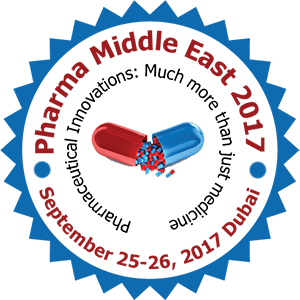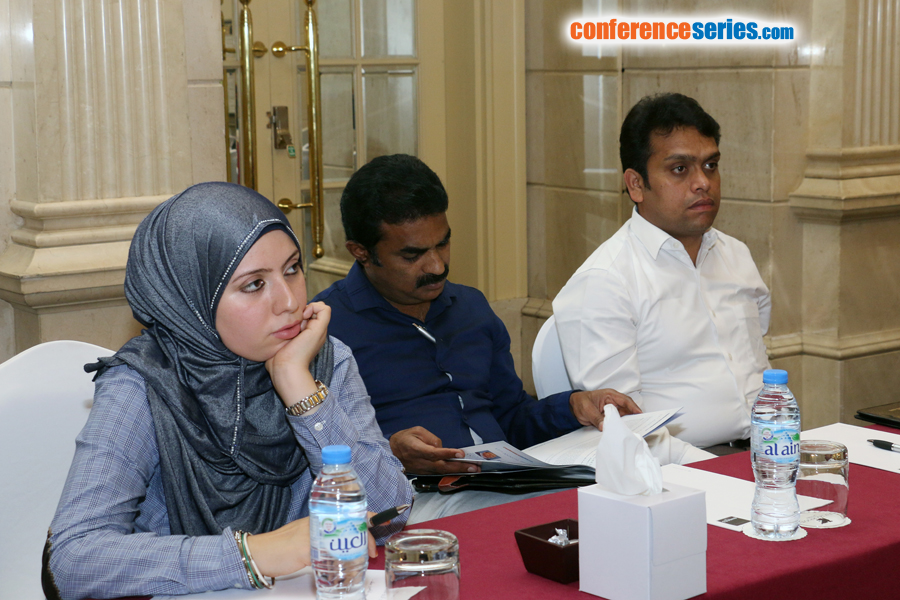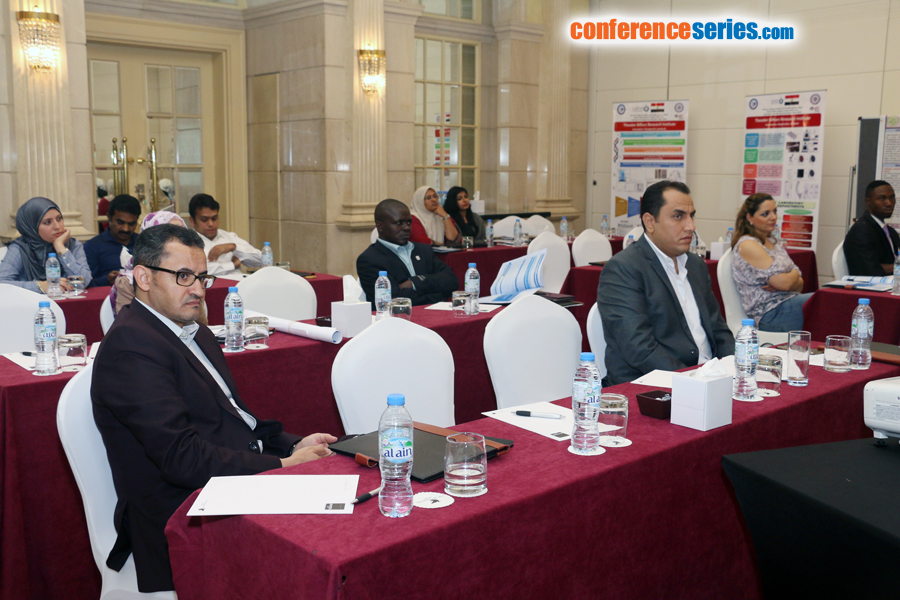
G. N. K. Ganesh
J. S. S. College of Pharmacy, India
Title: Development of nano drug delivey system to treat basal cell Carcinoma
Biography
Biography: G. N. K. Ganesh
Abstract
Nano emulsions are the novel carriers which offer major enhancements in therapeutics through site specificity, their capacity to escape from multi-drug resistance and to reduce side effects due to its self-assembled nature that is inherently receptive to its direct environment and the flexibility of the components which can be combined to result in structures with multiple responsive functionalities. The aim of the study was to prepare nano emulsion gel containing Imiquimod by spontaneous emulsification method by using Oleic acid as an oil, Labrasol as a surfactant and PEG-600 as a co-surfactant which found to be compatible by FT-IR. The optimized formulation after thermodynamic studies is subjected for various evaluation. The particle/globule size of optimized formulation was found to be 127 nm with -29 mV zeta potential. The TEM analysis reveals that droplets in the nanoemulsion appear dark and the droplet size was in agreement with the results obtained from droplet size analysis using zetasizer. In-vitro release study using franz-diffusion cells resulted in the cumulative release from nanoemulgel and marketed cream at the end of 24 hrs were 65.12 ± 1.23 and 43.41 ±1.21 respectively and the flux calculation shows the linear drug release of the formulation indicating a zero-order kinetics rather than marketed cream. Percentage haemolysis was found to be less than 5% for formulation and marketed cream. In-vitro cytotoxicity study using HaCat cell lines reveals the IC50 values of the plain drug (IQ), prepared nanoemulgel and marketed cream to be 182.2 μg/ml, 260 μg/ml and 200 μg/ml respectively.



